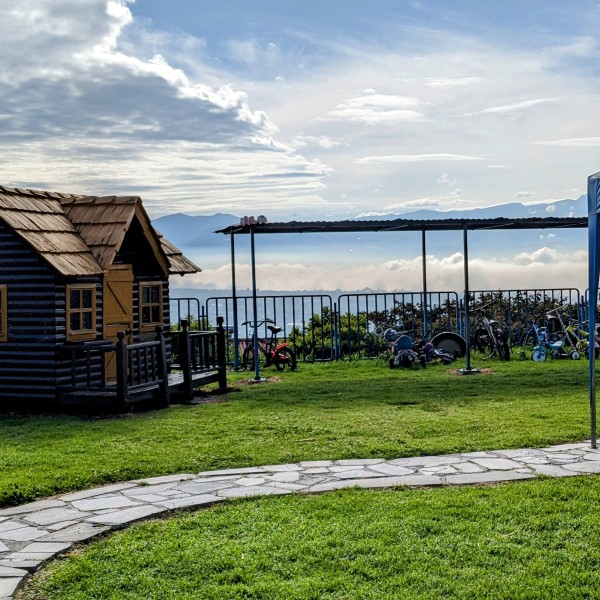Polson Institute for Global Development Seminar Series
Well-meaning development interventions often have problematic and unintended long-term consequences. In this lecture, Dr. Copeland explores a characteristic instance of this by looking at the afterlives of Cold War era rural development programs in the indigenous Mayan regions of western Guatemala. The lecture explores the social and cultural assumptions that informed these seemingly apolitical development initiatives and the resulting transformation of rural livelihoods and identities that facilitated a transition to a particular form of market democracy. He argues for heightened sensitivity to the political and cultural functionality of development programs which are too often bracketed out of proponents and practitioners’ vision of development. Dr. Copeland will conclude by offering some general reflections on what a reimagined and expanded engaged learning and extension program might offer by way of an alternative development strategy.
Speaker:
- Dr. Nicholas Copeland, Associate Professor, Department of Sociology at Virginia Tech
Respondents:
- Dina Bishara, Assistant Professor, International and Comparative Labor, ILR School
- Scott Peters, Department of Global Development, CALS
Date & Time
October 22, 2020
4:00 pm - 5:30 pm

More information about this event.
Contact Information
Sarah Day
- sd756 [at] cornell.edu
Speaker
Nicholas Copeland, Associate Professor, Department of Sociology at Virginia Tech
Departments
Department of Global Development
Polson Institute for Global Development
Related Events

We openly share valuable knowledge.
Sign up for more insights, discoveries and solutions.



